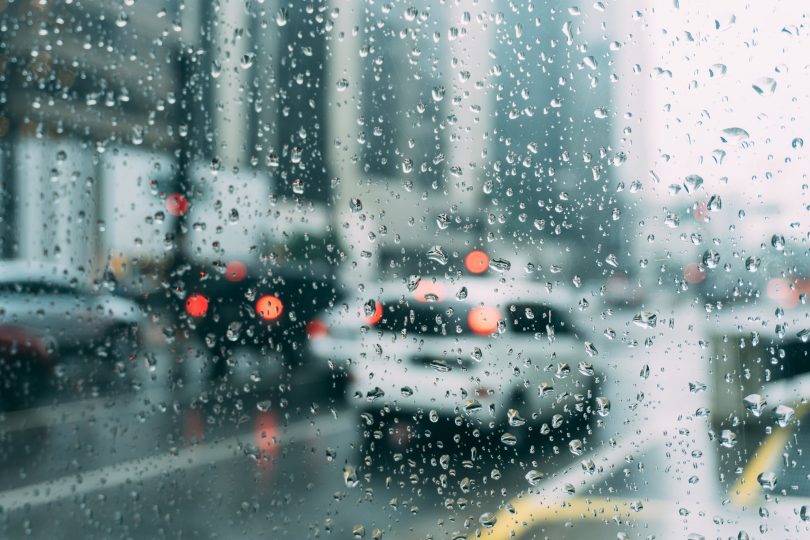
Aside from Mother’s Day, Father’s Day, and the Fourth of July, these months bring two of the gloomy seasons to Florida: the rainy season and the hurricane season. I am quite positive that a lot of you have started to experience the heavy rains and thunderstorms the last few days on your way to and from work. Although I knew that the rainy season was coming – if I am being honest, I did not expect it to be here so soon! This year, I was caught off guard and without an umbrella!
During this season there are three very important things you should know:
- Is it illegal to collect rainwater in the state of Florida? (The answer is, no; however, it is heavily regulated in states like Utah and Colorado!)
- Is there anything illegal that I should or shouldn’t be going during the rainy season? (The answer is yes!)
- Are there precautions that I can take to stay safe this rainy season? (The answer is, of course!)
It is illegal in Florida to drive in the rain without your headlights on.
Florida law states that any and every vehicle operated on a highway in the state must turn on their headlights during any rain, smoke, or fog.
- Always pay attention to your vehicle’s settings, if your lights are to turn on automatically make sure that they do even if it is a nice mid-day shower.
It is illegal in Florida to drive in the rain with your flashers on.
Florida law states that flashing lights are prohibited on vehicles unless they are indicating a turn, a change in lanes, or that it is lawfully stopped or disabled in the highway.
- If you ever feel in danger or uncomfortable due to the severity of the rain and want to turn the hazard lights on, pull over.
Staying safe while driving during heavy rain or thunderstorms
Accidents occur daily, even when the weather is nice and the sun is out; when rain comes into the equation, the chances of an accident occurring rise. Here are some tips to follow during this season:
- Plan ahead. Although this is very simple, many people don’t plan on the weather getting worse – remember that the driving conditions are not in your favor and you may need more time to get to your destination
- Pull over. If you see that the conditions are very bad, pull over; if you can’t be extra careful and aware of your surroundings.
- Check your mirrors. Again, it is very important that you are aware of your surroundings – it may allow you to avoid a flying branch or other debris.
- Follow the traffic rules. The most important one is the speed limit. Don’t speed! In bad weather conditions this is simply a suggestion – you can drive at a slower speed! In fact, it is recommended that you do.
- Be patient. Weather a driver is taking too long at a stop sign or light or even driving at a slower speed than you would like, remember – they may be just as nervous or more nervous than you.
- Watch for speeders. Although this tip sounds crazy, there are plenty of people out there just waiting for an opportunity to speed – knowing that cops are less likely to stop them and write them a ticket may encourage them to speed.
- Keep a safe distance. One of the most common mistakes I have seen is people driving too close behind others. Remember to leave enough space between you and the other driver in case that you need to hit the breaks – in the wet roads it takes more for a car to stop than in the dry ones.
- Use common sense. Always use your common sense, remember that it is okay to be late to your destination – you have the choice of getting there late or risking not getting there at all
Contact Brooks Law Group
If you have been the victim of a car accident because of someone else’s negligence call Brooks Law Group today at 1-800-LAW-3030 for a free consultation. Brooks Law Group serves all of Florida and has locations in Tampa, Winter Haven, and Lakeland.














